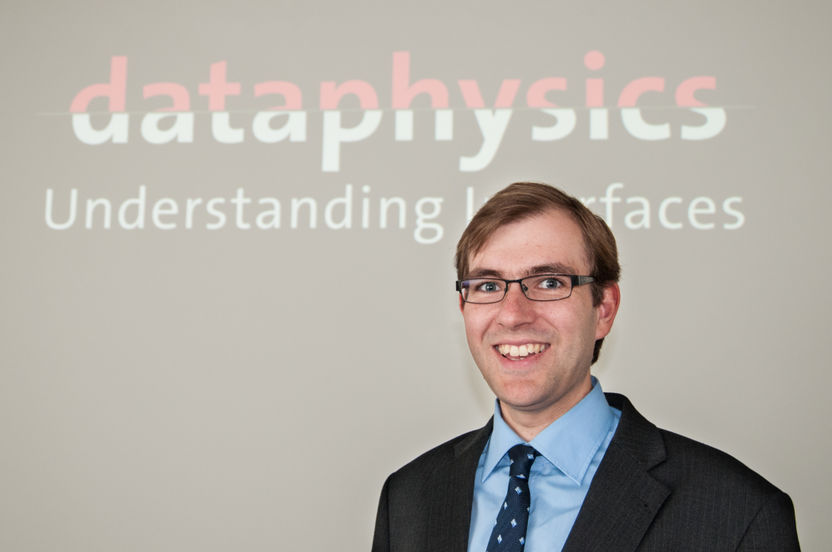New citation indicators needed to measure research performance
How do you compare the impact of a researcher in chemistry or physics with a molecular biologist who may be working on similar projects? Two experts support the use of citation indicators that are based on percentiles, a statistical parameter that allows for comparisons with a carefully defined group of reference data. Journal impact factors and h-index alone do not make the grade.
“We argue that new citation impact indicators are needed and that these indicators should allow the comparison of the observed impact for a given publication set with a reference set of similar publications,” said Lutz Bornmann, a sociologist of science at the Division for Science and Innovation Studies at the Max Planck Society in Munich. “This is a better way to make meaningful assessments of scientific work.” He added: “Indicators must also take into account that the distribution of citations across papers is often skewed. The use of percentiles described in our paper provides a solution.”
A scientific paper and its citation in other papers reveal how science makes progress and can help to establish the credit for new discoveries. Citation indicators are used extensively to evaluate the impact of the research of individual scientists, institutes and university departments, and sometimes even countries. The outcomes of such analyses can have a profound influence on the careers of scientists or, for example, the future funding of research institutes.
The authors of the study emphasize that journal impact factors and h-index, two frequently used parameters to evaluate the quality and quantity of science, do not readily allow for comparisons between the work of different scientists or publications in journals from unrelated research fields. The problem is similar to comparing the performance of individuals who score goals in sports as different as football and handball. The number of goals in football is often around 2 but in handball can reach 20 or more. Is someone who scores an average of five goals in handball a better athlete than a football player who scores one goal a game?
“Experts of bibliometrics avoid using journal impact factors and the h-index because these indicators do not provide normalized values. For many years, they have been using reference sets to normalize the number of citations which is indispensable for fair assessment,” commented Werner Marx, co-author of the paper and head of the Information Retrieval Services at the Max Planck Institute for Solid State Research in Stuttgart. “The use of this type of advanced analysis is growing. However, we have an opportunity to do more and this could have a big impact on the way we answer important questions such as how good research really is.”
Original publication
Original publication
Organizations
Other news from the department science

Get the chemical industry in your inbox
By submitting this form you agree that LUMITOS AG will send you the newsletter(s) selected above by email. Your data will not be passed on to third parties. Your data will be stored and processed in accordance with our data protection regulations. LUMITOS may contact you by email for the purpose of advertising or market and opinion surveys. You can revoke your consent at any time without giving reasons to LUMITOS AG, Ernst-Augustin-Str. 2, 12489 Berlin, Germany or by e-mail at revoke@lumitos.com with effect for the future. In addition, each email contains a link to unsubscribe from the corresponding newsletter.




























































